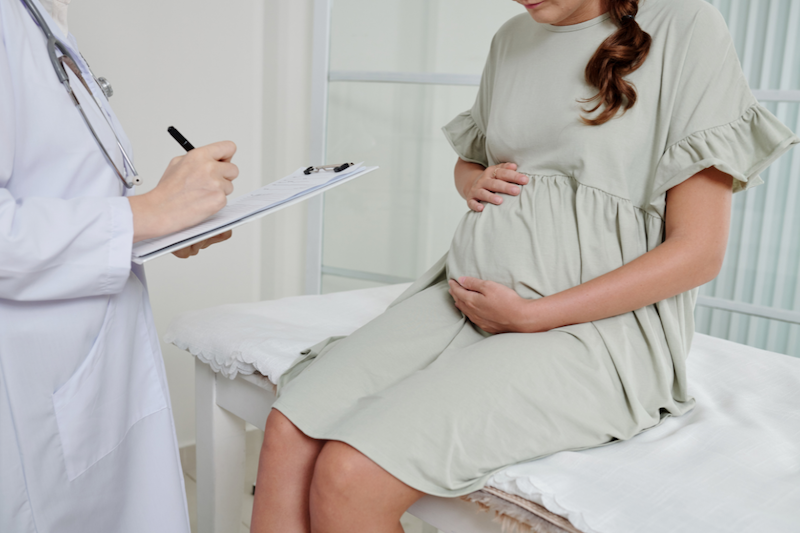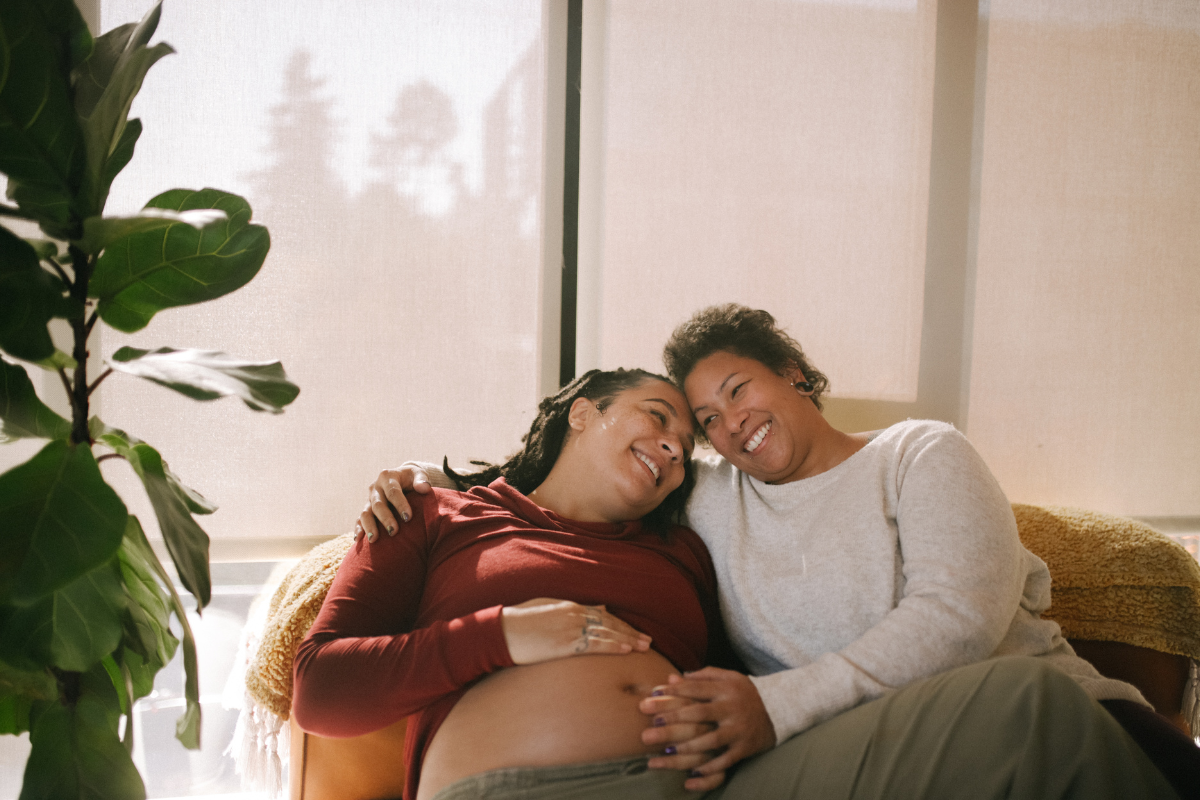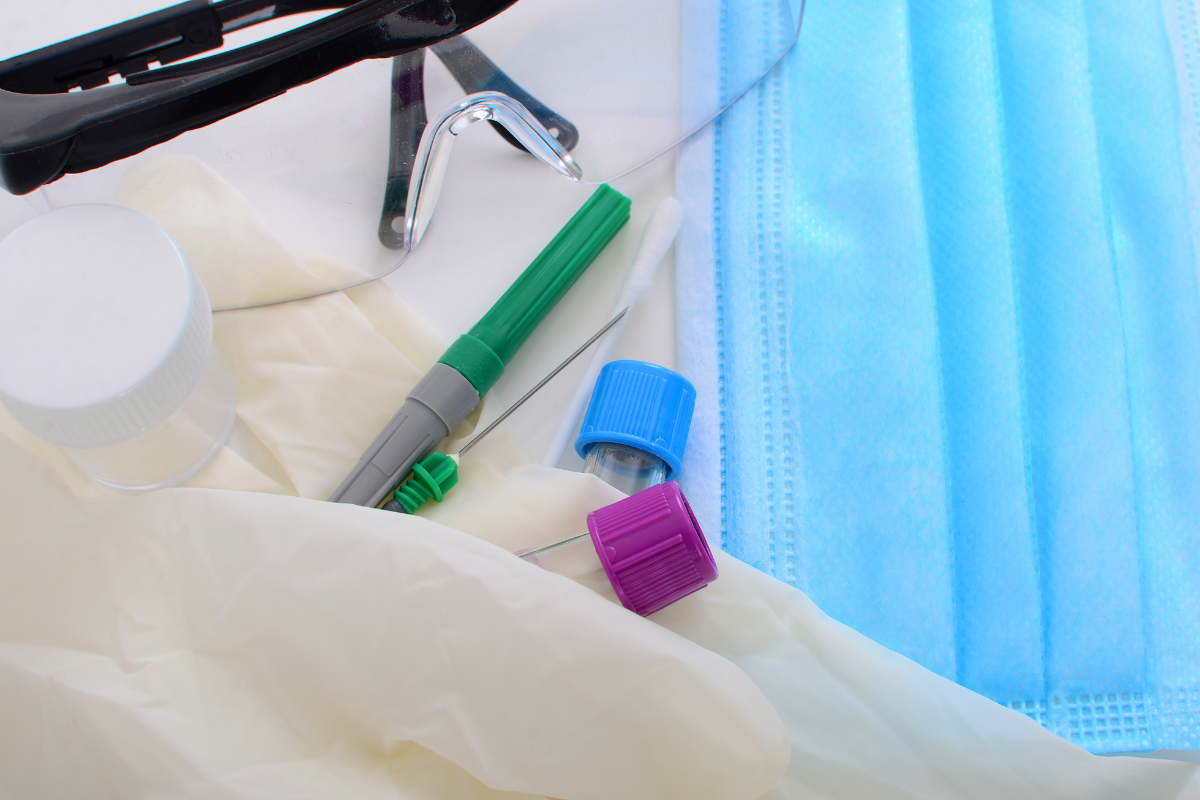My husband and I have recently begun our IVF journey. I’m reading everything I can about IVF, and I’m finding a lot of conflicting information about the possible relationship between IVF and autism. Some studies say there’s a link, while some say there’s not, and others say it’s more about IVF-related birth outcomes (like multiples and preterm birth) than anything else. Can you shed some light on where we are data-wise with this? Am I more likely to have a child with autism if conceived through IVF? Are there any other risk factors associated with IVF that I should be weighing?
—Beginning My IVF Journey
This is a common question for patients undergoing IVF, and the data on this can be somewhat confusing. The possibility of having an autistic child who was conceived through IVF is higher compared to those conceived without IVF. However, it is important to understand that the absolute risk is very small. Let me explain what this means.

According to some meta-analyses and large population-based studies, there is a 1.1 to 1.16 times higher likelihood of autism in those born after IVF (this is a relative risk increase of 10-20%). However, the absolute risk increase in these studies is very small. To compare, the absolute risk of autism in normal conception (no IVF) is 0.6% to 1.6%; in IVF conceptions, it’s 1.3% to 2.0%. In a very large recent cohort study of 1.3 million children in Canada, who were followed for eight years, the absolute risk of autism was 1.9% in IVF-conceived children compared to 1.6% in naturally conceived children.
What is the cause of this very small but increased risk? If we take a deep dive into the data, we see that the association between autism and IVF appears to be driven by obstetric and perinatal outcomes. Multiples, preterm birth, and other complications are all more common in IVF pregnancies and are also known risk factors for autism. So, how do we know whether the IVF or complications are elevating the risk of autism? This requires an analysis that controls for certain variables. With that analysis, the association between IVF and autism risk is much smaller and not statistically significant. When the data is further controlled for other known autism risk factors like maternal age and socioeconomic status, there is no significant increase in autism after IVF.
The bottom line is that IVF is associated with a small increase in the likelihood of autism, but the absolute risk remains very low. The best way to approach your thinking about this is to consider what risks are acceptable to you, as there is a very high risk of ongoing infertility without IVF.
Community Guidelines


















Log in